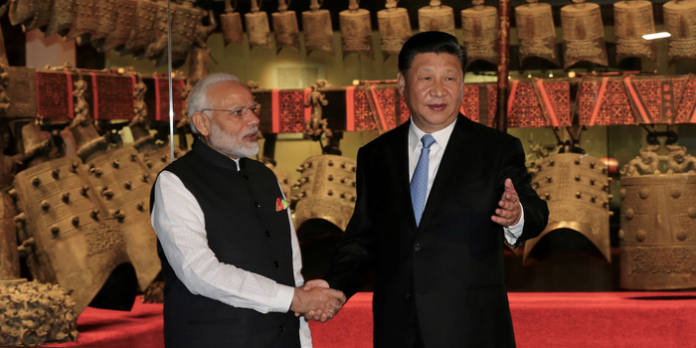Author: Nitasha Kaul
Affiliation: University of Westminster
Organization/Publisher: Made in China Journal
Date/Place: October 5, 2020
Type of Literature: Analysis
Number of Pages: 10
Link: https://madeinchinajournal.com/2020/10/05/china-xinjiang-india-kashmir/
Keywords: Kashmir, China, India, East Turkistan, Xinjiang, Uighur, Military Occupation
Brief:
Kashmir, once described by then US President Bill Clinton as ‘the most dangerous place in the world,’ is situated at an interesting juncture bordering East Turkistan (known as Xinjiang in China) and Tibet (officially called Xizang by China). These two regions of China remain in the news in Western media mostly for rights abuses of the Uighur community in East Turkistan. Kashmir, despite being the world’s largest military zone, does not get much space in the same press which boasts of press freedom and claims valuing the peoples’ freedom. The Uighur are in any case internal issues of China that have no bearing on international institutions, unlike Kashmir which has remained on the agenda of the United Nations since 1947. The author here draws parallels between the communities although Kashmir is an internationally recognized dispute while East Turkistan and Tibet have mainly been treated as internal issues of human rights. Although the author traces Kashmir’s history for 200 years, the fact remains that the Kashmir dispute was born out of the 1947 partition of the sub-continent and India’s forcible occupation of the State of Jammu and Kashmir. The author cleverly tries to strike a balance between India and Pakistan’s claims over Kashmir, undermining the fact that the resistance movement has been rooted in the occupied part of Kashmir that remains under India, and that Kashmiris have seen Pakistan as their ally and supporter. Kashmiri pro-freedom leadership insists that India has bought time through talks while Pakistan remains a sincere party to actually solve the dispute. The author’s presumption of “ethno-nationalist struggles” of the Muslim populations in Kashmir belies the fact that those who lay down their life for freedom in Kashmir are buried in the Pakistani flag. China’s actions in Xinjiang are against the very basic tenets of human rights, however the Kashmir question is one of military occupation and complete freedom from the occupier. The two cannot be painted with the same brush.
By: Riyaz ul Khaliq, Non-Resident CIGA Research Associate




